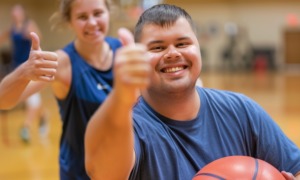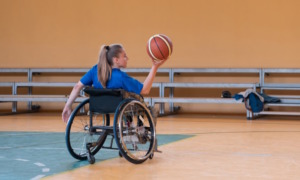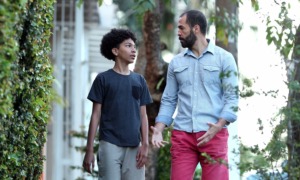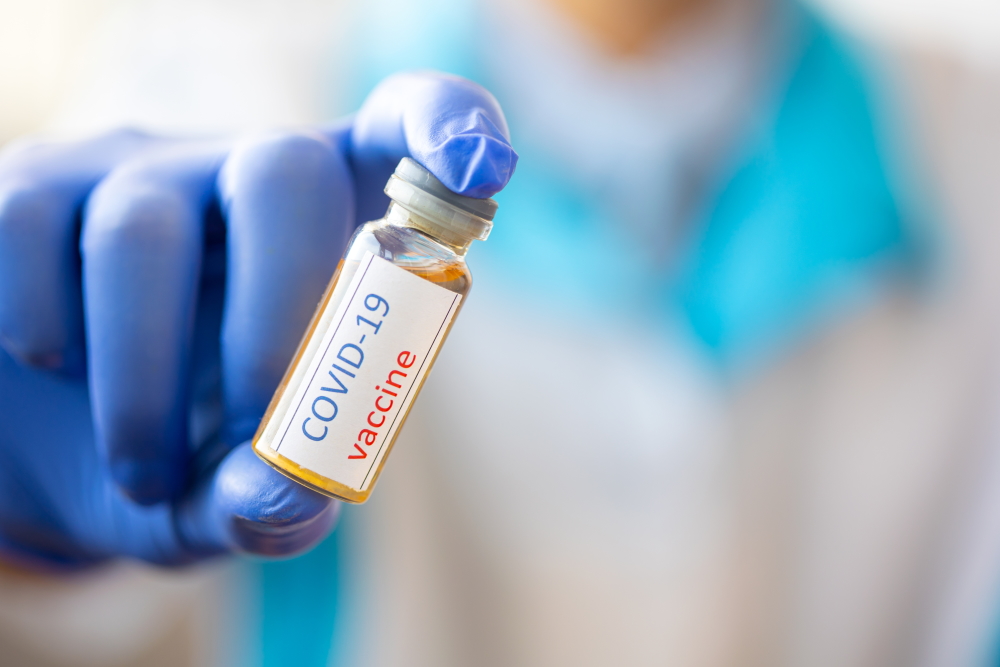 ORELPHOTO/SHUTTERSTOCK
ORELPHOTO/SHUTTERSTOCK
For months, health officials have been talking about the possibility of scientists creating a coronavirus vaccine. Now that we are getting closer to actually having one, I wanted to know what people in the disability community think about it. I spoke to three young women who gave me their opinions on how helpful they think a vaccine will be.
Mackenzie Doyle is 21 and lives in Lincoln, Nebraska. She has arthritis; severe mast cell activation syndrome, which causes allergic symptoms; and multiple chemical sensitivity, which causes sensitivity to environmental factors. Doyle is active online in various disability and chronic illness groups, and has made friends in the disability community who have helped her navigate her diagnoses and treatment plans.
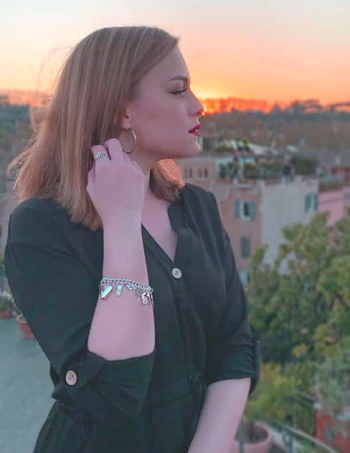
Mackenzie Doyle
Asked about the vaccine, she said, “I have mixed feelings about it. I definitely think there needs to be one, and everyone who can get it should get it. But, at the same time, I find it is difficult to think about having to trust everyone around me to get the vaccine. I know my close friends and family will, but I cannot guarantee that everyone that I come into contact with at the grocery store would have gotten the vaccine.”
Due to a medication Doyle takes, vaccines can have adverse effects and could even be potentially deadly for her. She actually has to avoid people who have recently had vaccines for a few days after they have received one. “For me, and a lot of people like me, isolation won’t end once a vaccine is created,” she said.
I also spoke with Noelle Kane, who is 28 and lives in Houston. She lives with several disabilities, including fibromyalgia, which causes muscle pain and tenderness; chronic fatigue syndrome; mild sleep apnea, and possibly hypermobile Ehlers-Danlos syndrome, a genetic connective tissue disorder. She is a women’s empowerment coach and is writing a book for women with invisible illnesses, called, “Sick Girl to Empowered Woman.”
During the shutdown, she discovered an app called Curable, which condenses and shares new research on chronic pain. It “changed her life,” she said.
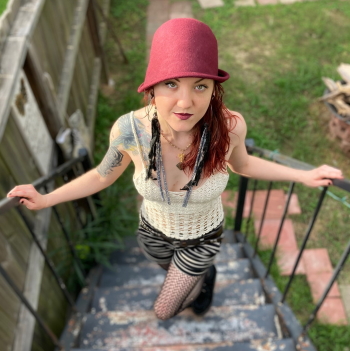
Noelle Kane
Kane’s view on the vaccine is contingent on several factors.
“It depends what company produces it, what studies are conducted, and if it is rushed or not. Johnson & Johnson just had a huge lawsuit for having cancer-causing chemicals in its products. This is scary, because a lot of their products are for children. They are one of the companies working on a vaccine, which worries me,” she said.
Kane feels vaccines need rigorous testing. If one comes out soon she will probably wait a few months to see how others are affected, since she usually has side effects from anything she takes. She said she plans on wearing a mask in public for the next few years for her own safety. For people with underlying conditions this may be a necessity.
Kayla Juettner is 23 and lives in Burlington, Vermont. She has been chronically ill her whole life, with conditions that affect her respiratory and immune systems. “With COVID-19, it’s become an interesting time to be young and disabled,” she said.
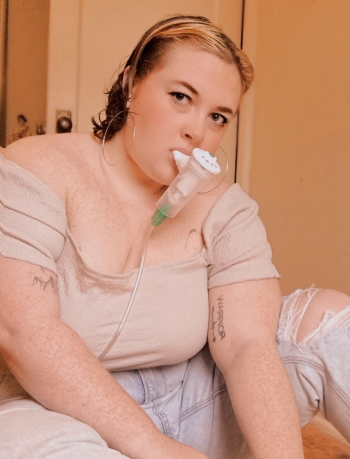
Kayla Juettner
“Having so many people taking extra steps to be sanitary has been a big help to many who have immune system problems. Having more options to attend class or work from home has aided many with disabilities; there’s a lot that we couldn’t do before that is now being made accessible.”
On the other hand, she feels that people are using pre-existing conditions as an excuse for why some people are dying from COVID-19. She feels this is dismissive and a harmful narrative about the disabled community. When it comes to the vaccine, she is more hopeful.
“If a vaccine comes around and [becomes] approved, I will be hopeful that it is accessible. Price and availability for those in rural areas will be key in making a vaccine as productive and helpful as possible. Personally, I will most definitely get a vaccine if one becomes approved,” Juettner said.
More generally, Doyle said, “Honestly? A lot of us are scared. Watching the different reactions to the pandemic on social media has really enlightened a lot of us as to just how rampant ableism is in this country. Not to mention the fact that all of that is occuring during a major civil rights movement, and the most important election of our lifetime. We as disabled youth (and especially BIPOC disabled youth) have a lot on our plates right now.”
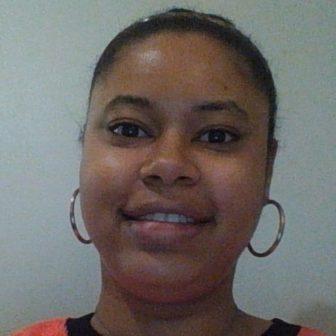
Deandra Mouzon
For some, a coronavirus vaccine sounds like an answered prayer, but that has not kept young people in the disabled community from being skeptical of it. A vaccine could potentially help save many lives, but, with such a quick turnaround and accessibility concerns, some of us are still on the fence about whether it is ready for the public.
Deandra Mouzon is a Georgia-based journalist who received a B.A. in journalism from CUNY’s York College. Currently she is working on a publication about youth with disabilities.


